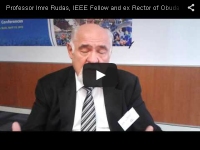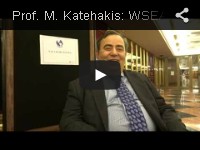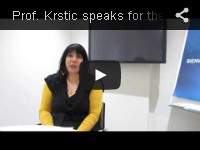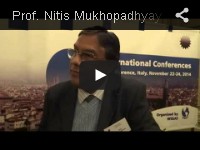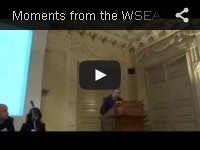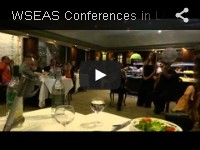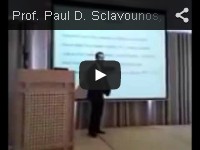Special Issue: 88
Special issue on Explainable Recommender Systems
for the journal WSEAS Transactions on Systems and Control
Organizer:
Aim:
The recent recommender systems are developed towards two directions: wider application domains and various recommendation algorithms. The initial recommender systems are especially focused on the movie domain. Over the last decade, different application domains have appeared such as food recommender systems or travel recommender systems. On the other hand, new algorithms such as machine learning, deep learning and neural network have been applied in recommender systems. Due to the algorithm complexity and user privacy concern, reasoning the recommendation is becoming more critical. Therefore, the explanation research needs to be significantly advanced along with the new recommender system research. The goal of explanations is to make recommender systems more transparent and trustworthy. An explanation user interface can be seen as a visual explanation that is combined with recommendations provided for users. For example, there has been a variety of the explanation user interfaces proposed in previous research such as neighbor ratings histogram and personalized tag cloud. Along with the proposed explanation user interfaces, a set of evaluation criteria are proposed to measure the explanations in recommender systems. Those criteria such as efficiency, effectiveness, persuasiveness, transparency and satisfaction are developed for evaluating explanations in recommender systems. Among other, more evaluation criteria such as fairness or accountability is not well discussed but it can guide the recommender systems to avoid profit-oriented design, user attitude bias, and privacy concerns. This Special Issue aims to attract papers about the explainable recommender systems. It also covers different dimensions of explanations in recommender systems such as explanation user interface, evaluation of explanations in recommender systems, new explanation algorithms and privacy-preserving evaluations. The Special Issue especially welcome submissions that address new explanation techniques and new evaluation methods for explainable recommender systems. It also encourages review articles that survey the state-of-the-art research as well as case studies in real world.
Topics:
How to submit:
You can upload your paper via the web site of the particular
WSEAS journal indicating in the Field: "Notes" the title of the Special Issue
Note that the Deadline for Paper submission is 31st December of 2021.
However the organizers review the papers and publish them in a continuous flow. You do not need to wait the acceptance of the other papers in your session to publish your paper. In case that your paper passes the first round of review (some times the second round of review), it can be published if you satisfy the reviewers' comments and remarks and the Editor-in-Chief decides that your paper You do not have to wait the peer review of the other papers in your Session.












